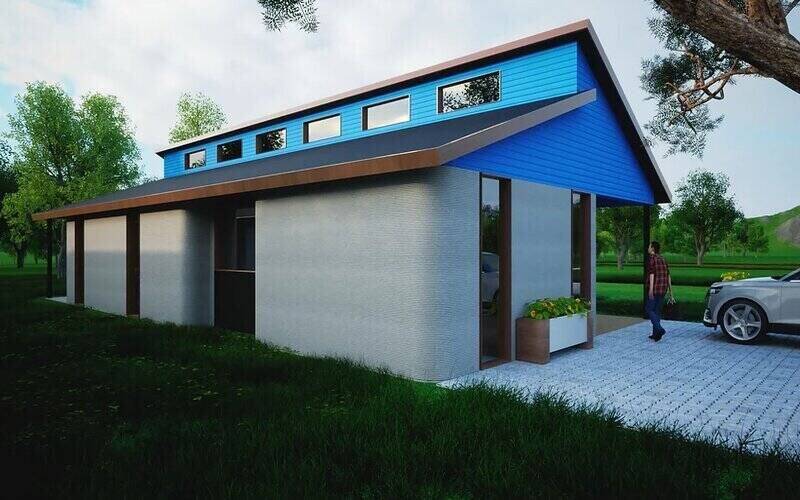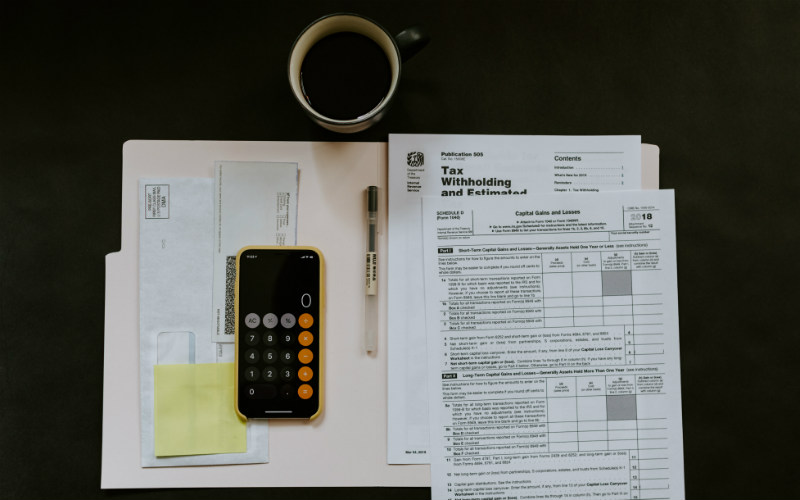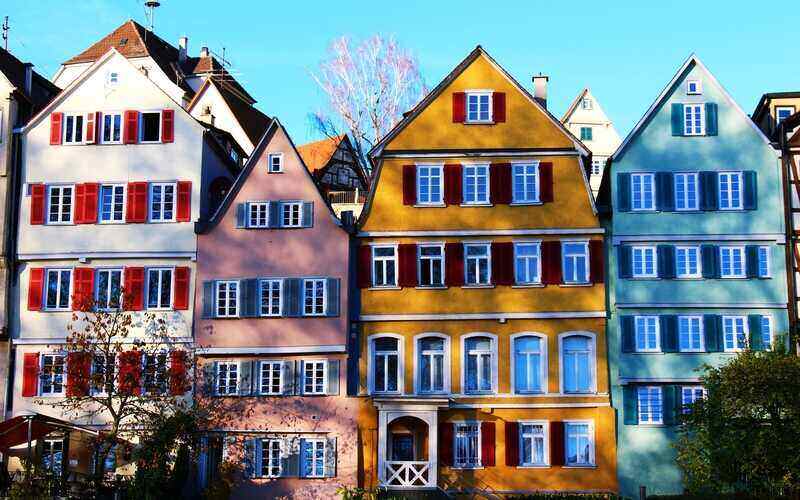The latest PRD Affordable and Liveable Property Guide for the first half of 2020 shows that while the top suburbs don't come cheap, there are plenty of middle-ring suburbs within 20 kilometers of the CBD in each of these cities that are available for buyers on a budget.
The report ranks the suburbs based on the following criteria:
- Property trends: All suburbs have a minimum of 20 transactions and have either positive or neutral price growth from 2018 to 2019/20
- Investment: As of April 2020, all suburbs considered will have a similar or higher rental yield than the relevant Capital City Metro area
- Affordability: Identified suburbs have a median price below a set threshold. This threshold was set by adding a percentage premium to the respective state’s
average home loan. - Development: All suburbs reviewed have a high total estimated value of project development for the 1st half of 2020, as well as a higher proportion of commercial and infrastructure projects
- Liveability: All suburbs assessed must have a low crime rate, availability of amenities within a 5km radius (i.e. schools, green spaces, public transport, shopping centres, and health care facilities), and an unemployment rate on-par or lower in comparison to the state average.
According to PRD's breakdown of the report, Sydney is the most affordable capital city in terms of liveability. Those living in Sydney can purchase a property for -33.0% of the Sydney Metro median house price, compared to somewhere like Hobart where you may need to pay a premium of 5%.
Brisbane, meanwhile, continues to be a "haven" for first home buyers with 45% of properties available for under $500,000.
In comparison, 5% of Melbourne properties and 0% of Sydney are available below this price.
Despite this, Melbourne also represents an "opportune time" for first home buyers, according to the report.
PRD reports there's been a -11.1% softening in median house prices over the past 15 months, and buyers with a budget under $800,000 can now access 46.3% of the market.
Eighteen months ago, buyers with the same budget could only access 23.1% of the Melbourne market.
Buying a home or looking to refinance? The table below features home loans with some of the lowest variable interest rates on the market for owner occupiers.
| Lender | Home Loan | Interest Rate | Comparison Rate* | Monthly Repayment | Repayment type | Rate Type | Offset | Redraw | Ongoing Fees | Upfront Fees | LVR | Lump Sum Repayment | Additional Repayments | Split Loan Option | Tags | Features | Link | Compare |
|---|---|---|---|---|---|---|---|---|---|---|---|---|---|---|---|---|---|---|
6.04% p.a. | 6.06% p.a. | $2,408 | Principal & Interest | Variable | $0 | $530 | 90% | Featured 4.6 Star Customer Ratings |
| |||||||||
5.99% p.a. | 5.90% p.a. | $2,396 | Principal & Interest | Variable | $0 | $0 | 80% | Featured Apply In Minutes |
| |||||||||
6.09% p.a. | 6.11% p.a. | $2,421 | Principal & Interest | Variable | $0 | $250 | 60% | Featured Unlimited Redraws |
|
PRD Chief Economist Dr Diaswati Mardiasmo said now is the time to enter some markets, particularly in Sydney and Melbourne.
"Melbourne for example is now more accessible for those with less than $800K budget, at 45% (of properties)," she told Savings.com.au.
"First home buyers, those who are ready, need to move fast in some capital cities.
"For example those with a budget of less than $800K had access to 6.2% of Sydney in (the) 2nd half of 2019, now they only have access to 4.1% in (the) 1st half of 2020. So in places like Sydney the market moves faster."
Which suburbs has PRD identified?
PRD has identified three suburbs within 20km of the CBD for each of these cities, for both units and houses, that meet the affordability and liveability criteria.
For would-be buyers, suburbs like Griffin in Brisbane, Rockdale in Sydney and Greensborough in Melbourne could be added to their shortlist.
"We have identified areas that have potential for future growth – having ticked the liveability and project development criteria. Therefore it helps buyers to identify where is the best place to buy, based on their budget, ensuring that they are not too far away from the CBD and have good prospects for the future," Dr Mardiasmo said.
"A lot of the times buyers are quite surprised with the suburbs identified in these reports."
The research suggests residents of Brisbane and Sydney are more restricted in their choice of affordable and liveable suburbs, with Brisbane's affordable suburbs lying to the north while Sydney's affordable suburbs are clustered in the south-west.
Identified affordable and liveable suburbs in Hobart and Melbourne were more widely spread geographically, with some clustering in Melbourne’s north and Hobart’s east.
Suburbs to watch, houses
| City | Suburb | Median Price* | Rental Yield | Future Projects |
| Brisbane | Griffin | $465,000 | 4.3% | $10.8M |
| Everton Park | $615,000 | 3.7% | $29.0M | |
| Virginia | $624,000 | 3.9% | $15.6M | |
| Sydney | Miranda | $1,160,000 | 3.2% | $18.1M |
| Rockdale | $1,100,000 | 2.5% | $46.0M | |
| Tempe | $1,093,000 | 3.0% | $44.8M | |
| Melbourne | Greensborough | $803,000 | 2.9% | $12.9M |
| Altona | $885,000 | 2.7% | $78.2M | |
| Oakleigh South | $923,000 | 2.8% | $253.4M | |
| Hobart | Geilston Bay | $512,500 | 4.2% | $850.0K |
| Kingston | $527,000 | 4.2% | $4.7M | |
| Lindisfarne | $575,000 | 4.1% | $900.0K |
Source: PRD Affordable and Liveable Property Guide 1st Half 2020. *Median price captures sale transactions from Q1 2019 – Q1 2020.
Suburbs to watch, units
| City | Suburb | Median Price* | Rental Yield | Future Projects |
| Brisbane | Geebung | $392,000 | 5.7% | $2.6M |
| Arana Hills | $395,000 | 4.6% | $7.8M | |
| Daisy Hill | $411,000 | 6.7% | $5.0M | |
| Sydney | Rockdale | $610,500 | 3.8% | $46.0M |
| Bexley | $610,000 | 3.6% | $28.7M | |
| Peakhurst | $659,000 | 4.0% | $22.3M | |
| Melbourne | Kingsville | $447,000 | 3.9% | $4.2M |
| Moonee Ponts | $470,000 | 4.1% | $97.1M | |
| Brunswick East | $525,000 | 4.7% | $14.8M | |
| Hobart | Bellerive | $427,500 | 4.3% | $8.2M |
| Kingston | 412,500 | 5.5% | $4.7M | |
| New Town | $407,750 | 5.0% | $4.3M |
Source: PRD Affordable and Liveable Property Guide 1st Half 2020.*Median price captures sale transactions from Q1 2019 – Q1 2020.
For those disenfranchised with the state of the property market, Dr Mardiasmo said not to lose hope, as "blue chip" suburbs with a combination of being less than 20km from the CBD, have high liveability and high numbers of incoming projects combined with low prices do exist.
"It’s a matter of thinking outside of the box and identifying them at the right time."

Ready, Set, Buy!
Learn everything you need to know about buying property – from choosing the right property and home loan, to the purchasing process, tips to save money and more!
With bonus Q&A sheet and Crossword!






 Emma Duffy
Emma Duffy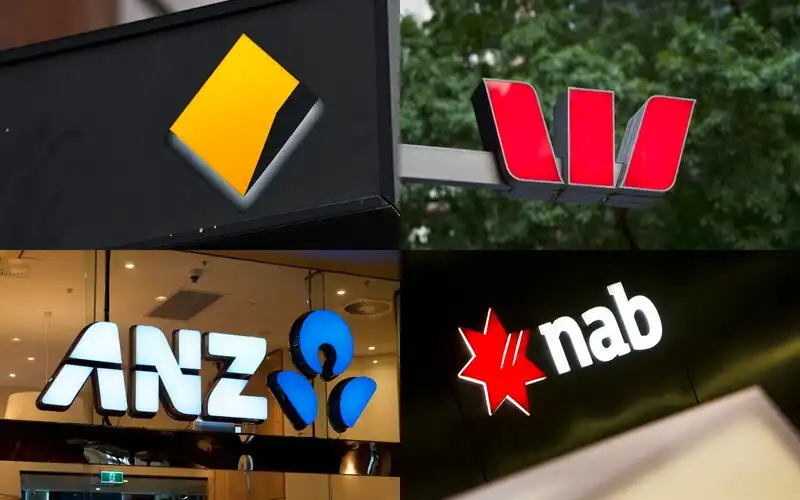
 Harrison Astbury
Harrison Astbury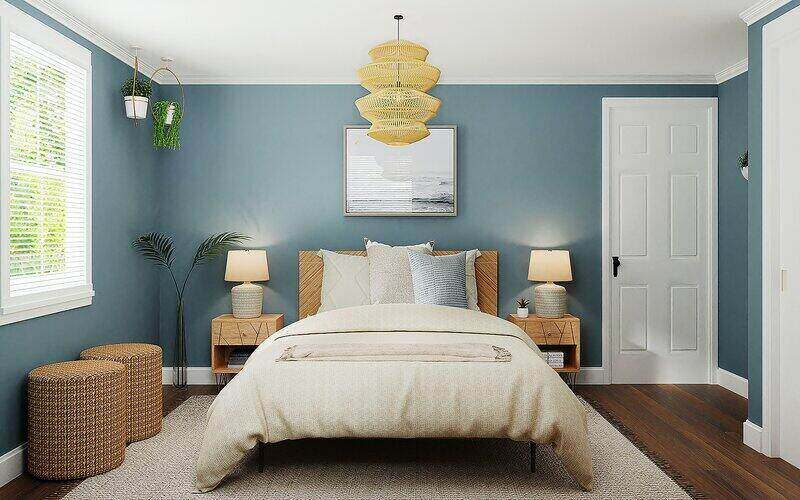
 Rachel Horan
Rachel Horan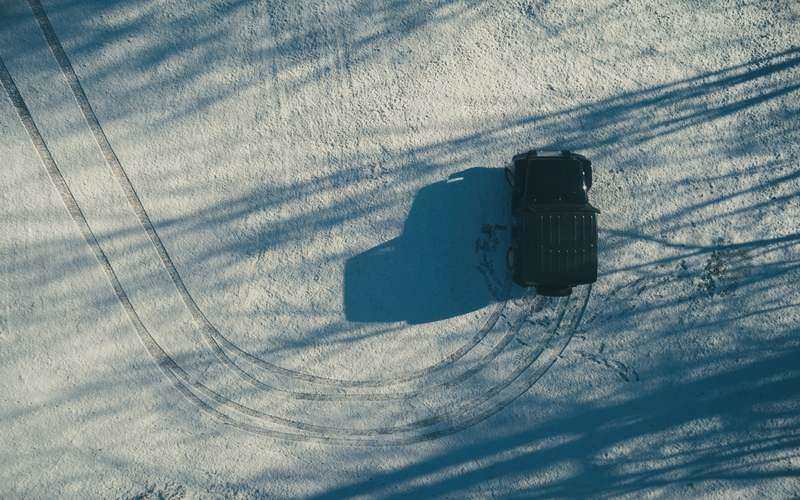
 William Jolly
William Jolly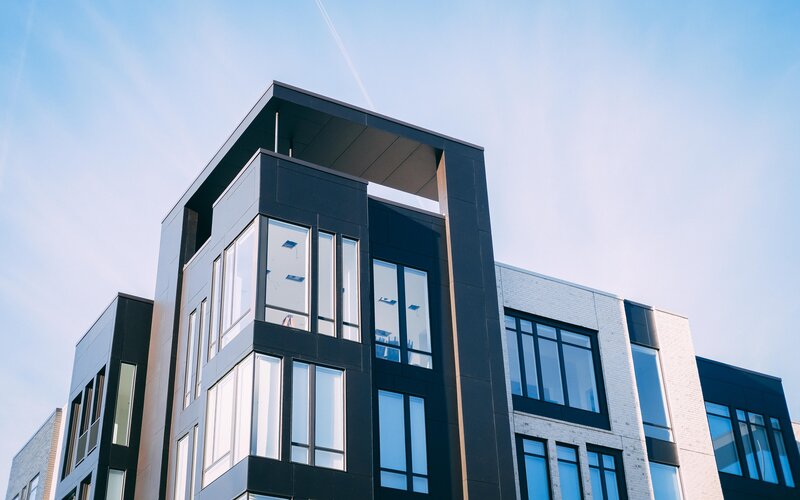
 Jacob Cocciolone
Jacob Cocciolone